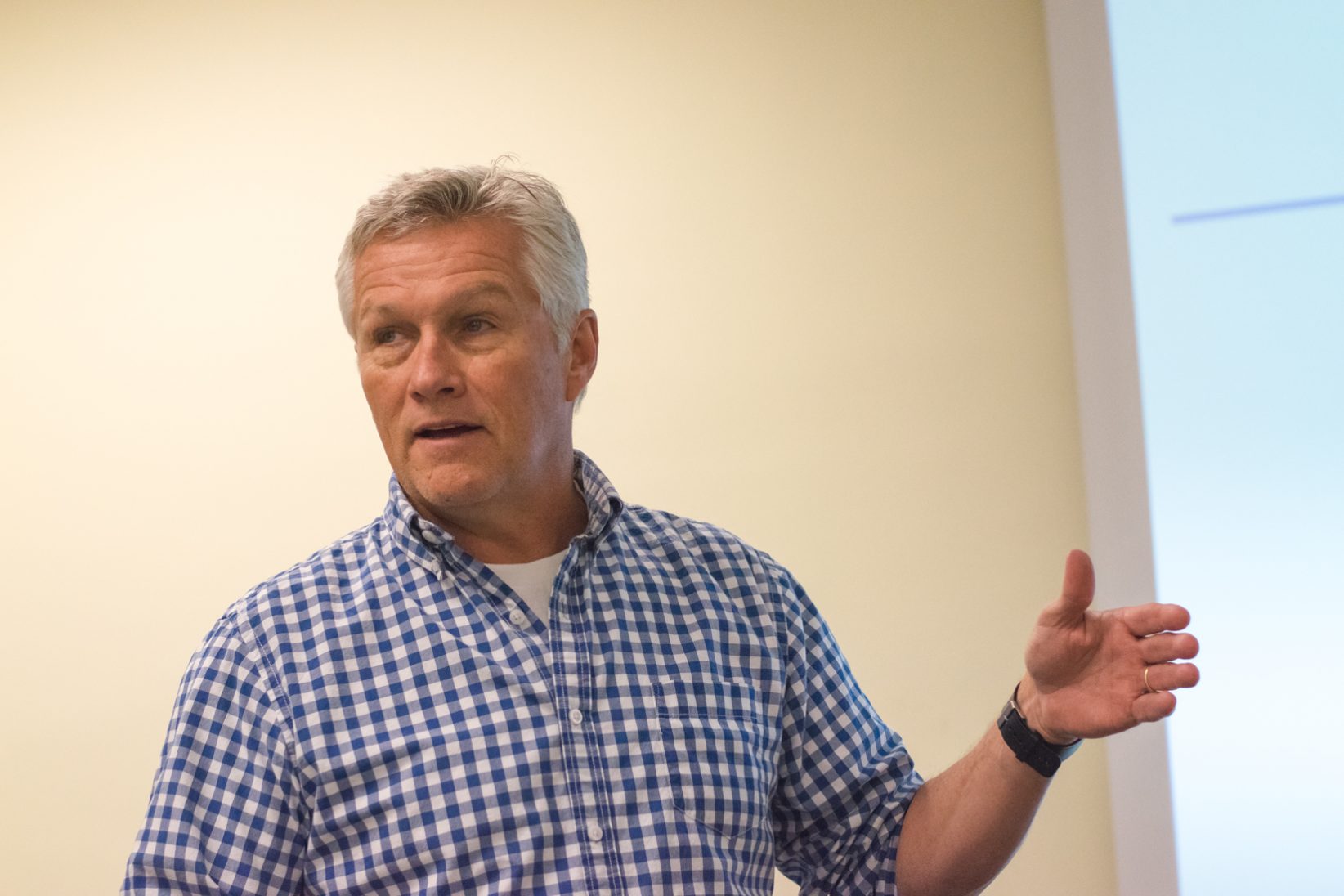Editor’s note: The opinions expressed in this commentary are the author’s alone.
I recently read an article that shows you can slant a story anyway you want and that many authors write to match their preconceived notions — whether it’s true or not.
The article that got me thinking about this was from Bloomberg’s Sarah McBride. In her piece titled “Why It’s So Hard to Build the Next Silicon Valley” and subtitled “Google brought its high-speed internet to Kansas City, but it didn’t turn the city into a tech paradise.”
I don’t know Ms. McBride and haven’t read any of her other writings so nothing I say is personal as I’m sure she is a terrific person. But, the notion that Kansas City is trying to build “the next Silicon Valley” makes me think she’s been taking full advantage of California’s recently-passed Proposition 64.
First, why would any city try and build the next Silicon Valley? Good luck moving Stanford University! As we’ve learned here in Kansas City, it’s best to use your existing strengths and resources to build an entrepreneurial ecosystem unique to your communities needs. As evidenced by its continued praise and published rankings, Kansas City is one of the hottest entrepreneurial cities in the U.S. and the world. We’re doing just fine and you can actually afford to live here.
Secondly, had Ms. McBride done proper “due diligence,” she would have learned that Kansas City’s entrepreneurial history is older than Silicon Valley’s and runs deep. We don’t need to be anybody’s “next.”
Joyce Hall invented the greeting card and founded Hallmark Cards in 1910. Henry and Richard Bloch founded H&R Block in 1955. Sprint’s roots trace to 1899 as the Brown Telephone Company. And just about the time the term “Silicon Valley” was gaining widespread use, Neal Patterson, Paul Gorup, and Cliff Illig were forming Cerner, now one of the world’s largest healthcare IT companies. And that’s just a few. I didn’t mention KS Southern Railways, DST, Garmin, Lockton, Seaboard, JE Dunn Construction, Bats Global Markets and many others.
Instead of trying to use someone else’s formula, this city has focused on capitalizing on existing resources — including being the first city for Google Fiber — recognizing gaps and working to fill them. Kansas City is continuing to build a cohesive, comprehensive and sustainable ecosystem to support the city’s broad entrepreneurial community. The only “next” were trying to do is build the “next” generation of great Kansas City companies. And with recent exits like Bats Global Markets’ $3.2 billion deal and EyeVerify’s $100 million sale to Alibaba, I think we’re doing just fine!
So here’s my thought: All you “Silicon Valley” groupies who are tired of paying $3,000 per month for the 300 square-foot box you call home, move to Kansas City. You can actually have a home with a bedroom that’s not part of the kitchen. Your commute could be a 10-minute walk or a 20-minute drive. And oh yeah, I almost forgot, we also have Google Fiber!
With years of startup and Fortune 100 experience, Jeff Shackelford is the executive director of Digital Sandbox KC. Follow him on Twitter at @TheSandboxKC.






































